

When Law 13,756/18 was approved, a period of two years was set for it to be regulated. And as is customary in Brazil, no one meets deadlines and for this reason an additional period of two years was given for regulation. The additional deadline was also not met and the sports betting sector was once again sidelined.
By not regulating the activity, the government opens a gap without size for the operation to continue as it has always been, in an area that we cannot even call gray because there is a law for the sector, but in an undefined color due to the lack of rules for the generation of formal jobs in Brazil and the collection of taxes by the federal government.
Sports integrity
Lawyer Roberto Brasil Fernandes, one of the biggest specialists in Brazil’s lottery sector, says it is regrettable that the Federal Government has not regulated “this matter that is so important for the national scenario.” For him, “the benefits of regulation are not limited to issues such as job and income generation (tax and non-tax), but also due to the risk that sport runs due to the proliferation of a large offer of bets without regulation. If there is a good to be protected, it is the integrity of the sport.”
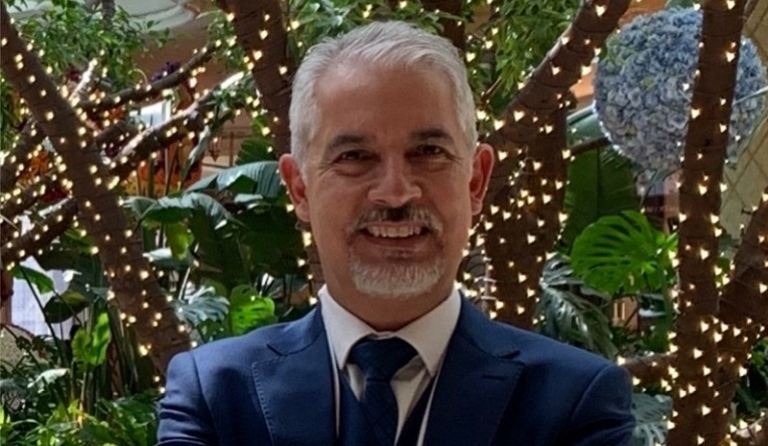
Brasil Fernandes says that the lack of regulation, “in theory, can lead to legal actions, such as a Direct Action of Unconstitutionality by omission.” Even so, he considers such an act to be reckless – “which may or may not help” – both because the lottery market needs good regulation, and for the activity to proceed in a harmonious and sustainable way.
In the midst of the Qatar World Cup, there are plenty of advertising spots on TV during broadcasts, global brands showing all their commercial competence to boost their businesses, ambassadors distributing smiles and a government plastered and paralyzed in the face of a market of billions of reais that does not generate taxes.
Judicialization
For Rafael Marcondes, head of legal at Rei do Pitaco, “the failure of the President of the Republic not to regulate sports betting is worrying for a number of reasons. He may face the opening of yet another lawsuit, for a crime of functional responsibility. As for punters, they will continue without local protection if they have problems in their relationship with a bookmaker.”
According to the lawyer, “non-regulation is also complicated for serious operators, who await the opening of the regulated market, seeing unreliable brands operating in Brazil and putting the reputation of an entire industry at risk.”
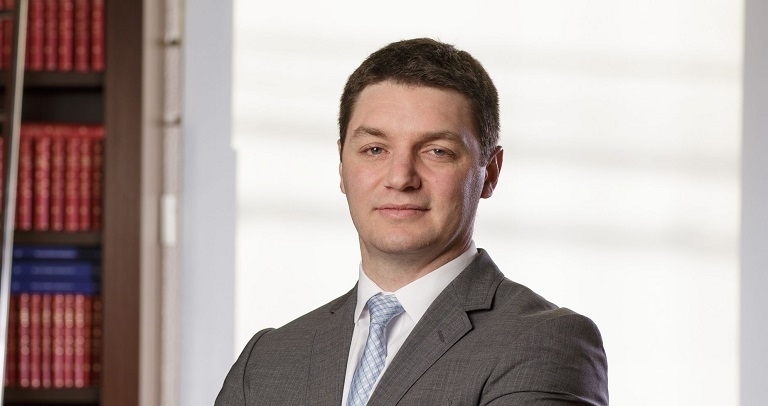
“Finally, presidential omission harms the government itself, which loses revenue and the opportunity to generate business. I believe that in view of this whole context, the tendency should be for operators to take legal action. The expectation is that actions will be proposed requiring the Judiciary to fill the gap left by the Executive or set a deadline for the regulation to be issued, under the risk of more serious implications,” says Rafael Marcondes.
According to Neil Montgomery, founder and managing partner of the Montgomery & Associados office, since the presidential decree regulating sports betting has not been published, nothing changes, especially in relation to foreign companies operating in the market: “The law does not lose its validity. However, for companies that would like to settle in Brazil and set up a subsidiary, perhaps the issue will have to be judicialized.”
“What is said, in the case of investors who want to set up a company in Brazil, to have a .br domain and place physical points of sale, is that the activity was classified as a lottery modality and public service, regulation would be necessary to define how licenses would be issued for companies to start operating properly,” explains the specialist.
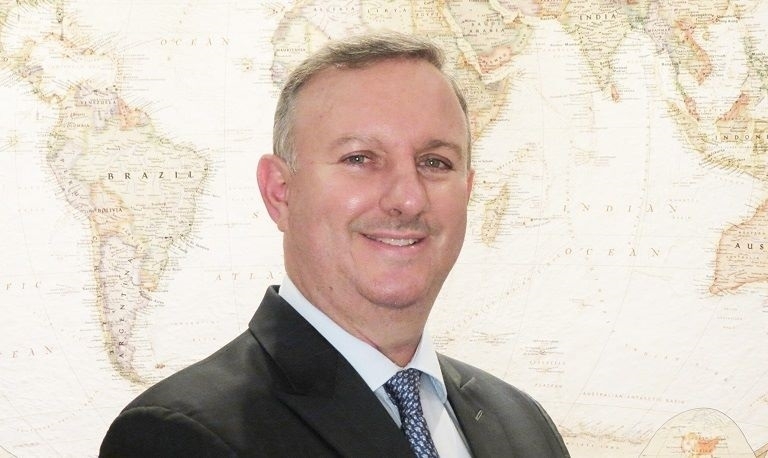
“From a criminal point of view, there is no illegality, but administratively, regulation is important so that companies can formally operate. Therefore, companies will have to file a request with the Ministry of Economy and, if not granted, file a lawsuit. The decree would provide legal certainty,” adds Montgomery.
For the specialist, “the sad thing is that there are many companies from abroad that want to come to Brazil, pay their taxes and the government makes this impossible by not issuing a presidential decree with clear rules on licensing, advertising and obligations in terms of responsible gaming. This would provide a legal framework for Brazilian and international investors.”
Anyway, in Montgomery's assessment, “life goes on, but unfortunately the Brazilian gambler, although already enjoying the protection of the Consumer Protection Code, will not be able to benefit from a specific legislation focused on sports betting, which would give a additional protection. In this sense, the market and the consumer lose, as well as the government, for not being able to collect the taxes levied on the activity.”
“It would have been much better if the decree and a provisional measure had been published within the legal deadline, showing the Brazilian government's seriousness and commitment to a booming sector. The whole world has been waiting for this for four years,” lamented the expert.
Best practices exist and have been shown
The areas involved with the regulation – the Ministry of Economy at the head – sent a draft decree to the Planalto Palace that established all the guidelines for operators to qualify. But the document was shelved by the government so as not to violate the president's agreements at the end of his term, who saw the regulation of a betting modality as an obstacle in his quest for re-election. Jair Bolsonaro lost the election, whether he liked it or not, and he had an obligation to determine that his subordinates comply with the law, that is, that they regulate sports betting.
But he didn't do any of that. He just trained the team to say that they were dealing with the issue, seeking the best international practices and that the regulation would come out when it was well designed.
For a country with more than 200 million inhabitants who love gambling and for a large portion of this population in conditions of food insecurity as rarely seen in Brazil, the inertia of the current government cannot – and should not – be attributed to the lack of time and the need to better study the sector to achieve the best international practices.
The best international practices can be seen in the main developed countries, where the sector is explored as an economic activity. In the same way, they can be seen in Latin America, where the segment is getting stronger every day. Colombia has already become a reference on the continent, Peru has already advanced on the subject, Chile is doing its homework and Argentina is another example in the regulation of sports betting.
So, there is no need to talk about lack of time or the need to study the activity more. It is regulated – and well regulated – in these markets and others. While not regulating, the government does not collect. And having a law that supports sports betting, the government cannot simply prohibit sports betting from continuing to thrive.
If it tries, it will take the activity to the Courts to keep them operating. And unfortunately, Brazil will continue without revenue. It is high time that, even after the deadline established by law, the government presents the regulation, even if it is for adjustments during the implementation of the regulated activity. The market knows very well how to do this and global companies will certainly do their best to contribute to a sector that generates jobs, taxes and entertainment.
Gaps in Brazilian legislation
Regarding the continuity of the current model, without regulation, Udo Seckelmann, a lawyer specializing in Sports, Gaming & Crypto at the Bichara e Motta office, says that, after the four-year period that the Ministry of Economy had to regulate the sector, “the activity will continue to be exploited through the loophole we have in Brazilian legislation that allows operators based in other jurisdictions to offer bets to Brazilian residents (the so-called 'grey market')”.

“So, in practice, nothing will change. We are facing an activity that has been legalized, but not yet regulated. Therefore, foreign operators will continue to explore a deregulated market without clear rules,” explains Seckelmann.
Paulo Horn, president of the OAB-RJ Sports, Lottery and Entertainment Special Commission and member of the OAB-DF Gaming Commission, is another who regrets the omission of the Chief Executive who resigns by failing to regulate sports betting approved by law: “Unfortunate also, in the same line, the omission of part of the Legislative, since the legal framework of gaming in Brazil and other bills regulating games of fortune have been waiting for decades for the end of hypocrisy and the development of the gaming sector in Brazil to dispute the preference of bettors who fail to increase our tourism and entertainment industry.”
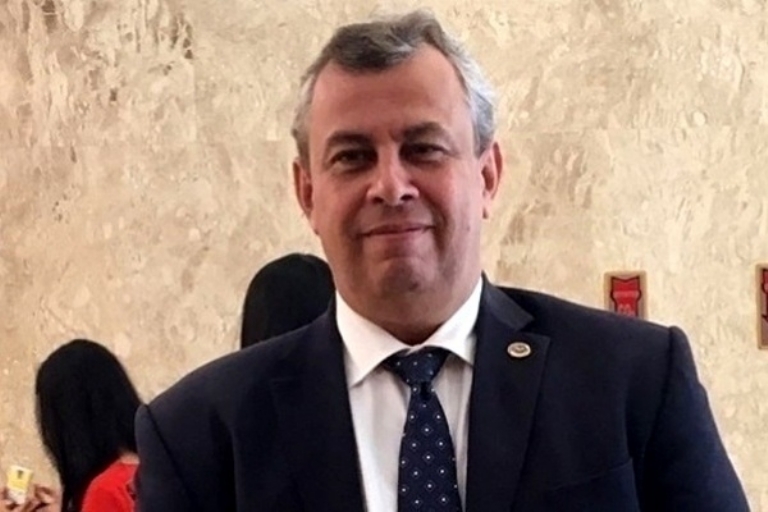
“Just as the punitive ban on gambling was not able to put an end to illegal gambling, the lack of regulation will not prevent the success of sports betting either, but the sector must continue to be mobilized, since the lack of regulation opens up a space unwanted and risks for sustainable gambling,” explains the lawyer.
In the opinion of lawyer Ricardo de Paula Feijó, a partner at the Feijó Bertolini office, legal uncertainty in the face of non-regulation of sports betting only tends to increase: “From a legal point of view, the lack of regulation implies the maintenance of sports betting in limbo.”
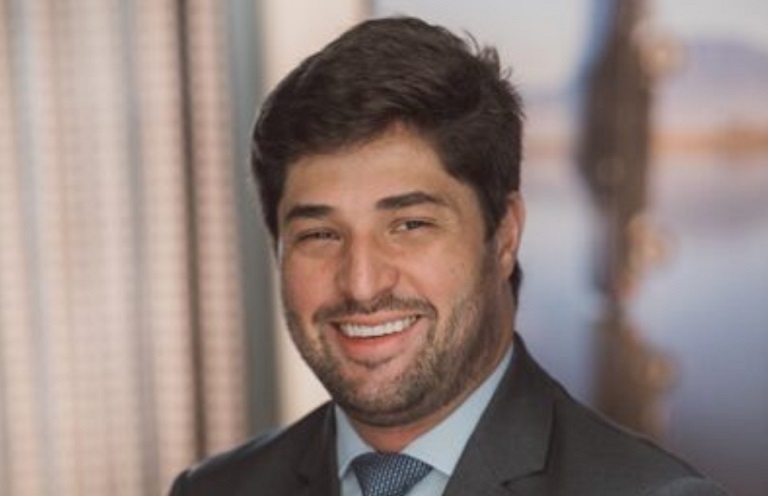
“Companies will have all the incentives to continue operating outside the country, without the possibility for the Union to supervise and, above all, collect revenue from the activity. Along with this, the chance of new attacks by the Ministry of Justice against sponsorships by bookmakers to football teams and communication vehicles is increased,” commented Paula Feijó to GMB.
Legal controversy
Incidentally, the legal issue has raised numerous discussions about whether or not sports betting is a public service. Fabiano Jantalia, a partner at Jantalia Advogados, comments that the lack of regulation in Law 13,756 puts operators in a legal limbo. “The law attributed to this activity the qualification of public service with ownership of the Union, at the same time that it did not require the publication of a regulatory decree, only an “Act”, that is, an ordinance would be enough to establish the rules of access to this market,” he explained.
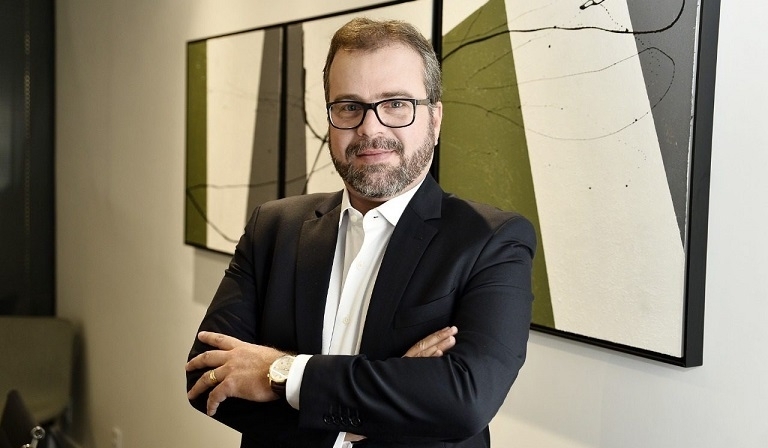
According to him, the sector could be at a dead end. “With the definition of sports betting as a public service, in principle the jurisprudence of the Federal Supreme Court does not open the possibility of claiming that without regulation, free enterprise would be restricted. The sector may even depend on authorization and inspection by a federal body, but such a private activity should not have been transformed into a public service. This could indeed be an addiction since the law defines it as a public service, but subject to exploitation in a competitive environment,” highlighted Jantalia to GMB.
Thus, he understands that “we are facing a private economic activity and in this case, it would be appropriate to question the omission of the Public Power in the regulation of a law. With that, numerous actions could reach the doors of Justice, such as the presentation of a Writ of Mandamus, ADI and even a Writ of Injunction. That is, there will be judicial controversy until a regulatory act is finally enacted.”
Back to Parliament?
In the opinion of Eduardo Diamante Teixeira, a lawyer specializing in sports law and a partner at Carlezzo Advogados, everything could go back to square one. “While the legal period of four years ran, the regulation was the responsibility of the Federal Executive Power, through the Ministry of Economy, but now, after the aforementioned period has expired, the matter may return to the Brazilian parliament, so that - through a new ordinary law - new guidelines can be established for the full regulation of the matter, with the possibility of defining not only a new deadline and a possible new entity of the public administration responsible for regulating the subject, but also being possible to enact an entirely new law and different from the current law nº 13.756/18,” he evaluates.
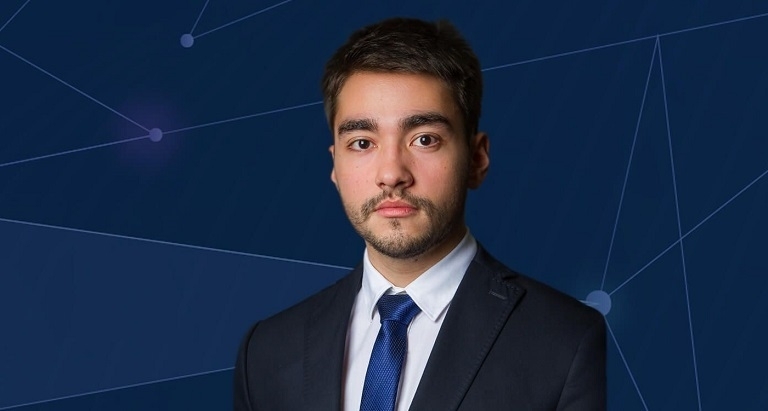
Source: Exclusive GMB